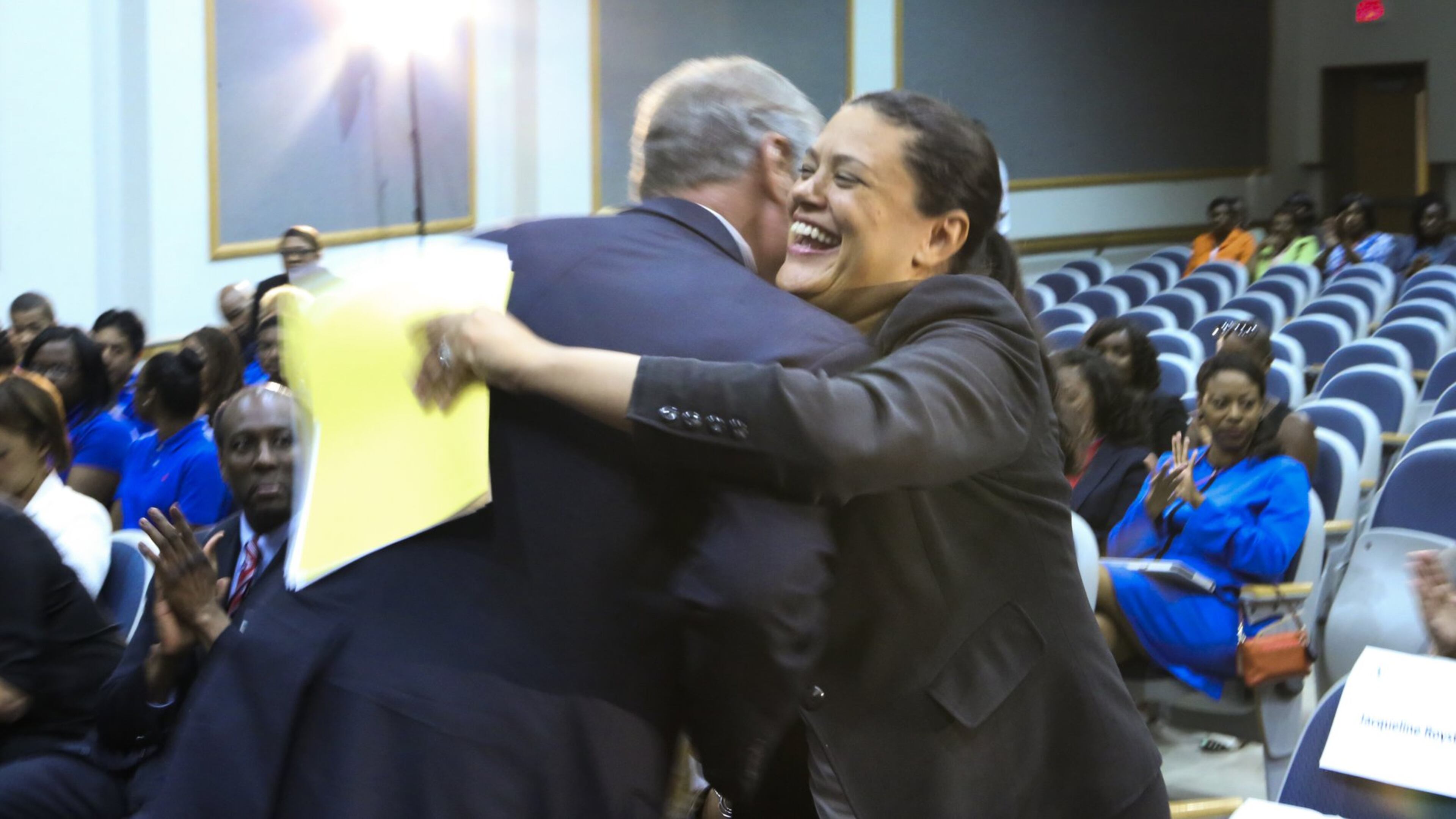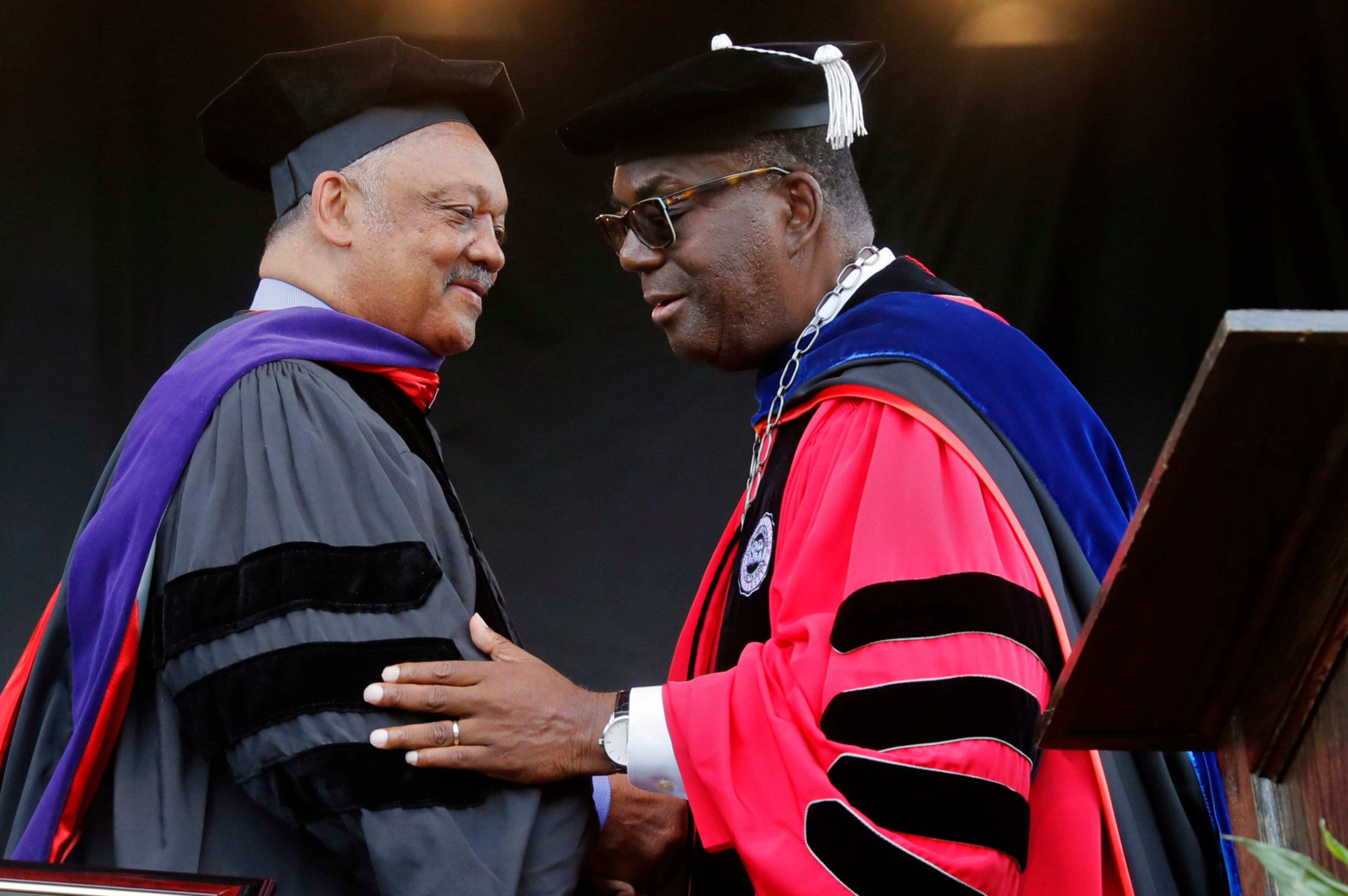Best way to aid underrepresented students not so clear cut

The alumni association at the high school I graduated from, let’s just say a few years ago, is urging alumni to oppose legislation it considers sacrilegious.
New York City Mayor Bill de Blasio earlier this month announced a plan that would, in part, automatically offer enrollment to the top students in each public middle school in the city’s eight specialized high schools. Hizzoner’s (New York slang for “mayor”) goal is to help more African-American and Latino students, currently underrepresented in those schools, learn in high schools considered the best in the Big Apple and consistently ranked among the nation’s elite.
For decades, the only way to get into one of these high schools was to pass an admissions test. My former high school, Brooklyn Tech, is one of those specialized schools, and the alumni association doesn’t like this proposal.
“This bill not only fails to address the longer term educational challenges facing too many underrepresented communities, but it disturbingly eliminates equal access to the specialized high schools for youngsters from Catholic, Jewish and Muslim middle schools as well as private secular schools, as its primary admissions system is limited to only students attending public schools,” one email says.
Many education leaders on the K-12 level and in higher education have grappled with finding the right formula to provide access to more historically underrepresented students in high-caliber high schools and colleges.
I thought about this dilemma as I recently reported on an article about the ongoing effort of several top-flight Georgia universities, such as Emory, Georgia Tech and the University of Georgia, to improve enrollment rates for another group of underrepresented students: those from rural communities.
About 5 percent of Georgia Tech’s undergraduate students come from what it considers rural Georgia counties. Emory is at 8 percent. UGA is at 15 percent.
Georgia Tech is trying to boost the percentage by offering automatic admissions to valedictorians and salutatorians from each Georgia high school, an initiative it started last year. The effort has made some headway, Tech officials say. However, in about one-quarter of all Georgia counties Georgia Tech did not get a single application from a student.
“It’s incumbent on us to recruit students from that area,” said Rick Clark, Georgia Tech’s director of undergraduate admissions, citing data he’s seen that show rural students are more likely to return to their communities upon graduation.
Georgia Tech started a similar program a few years earlier with Atlanta’s public school system. Clark said it’s resulted in more applications and more APS students enrolled at Georgia Tech.
Clark is taking the long-view approach with rural students. He hopes to get at least one application from each county in the next five years.
About two decades ago, Texas lawmakers started a program that offered admission to any public university in that state to a student who finished in the top 10 percent of his/her high school graduating class. Some state lawmakers have proposed shelving the program. Not all high schools are equal, and the concern is some students from better high schools are ineligible for admission.
The legislation from New York’s mayor has a similar goal to the Texas program.
“Just 10 percent of specialized high school students are Black or Latino, despite making up 70 percent of the City’s overall student population,” the mayor’s office said in a news release.
It’s unclear whether de Blasio’s proposal will become law. It must pass the state’s Legislature, which is often resistant to significant bills from City Hall. Additionally, New York’s governor and mayor are frenemies.
If it does pass, many educators in Georgia and the nation will watch to see how it works.
I’ll be watching too.


